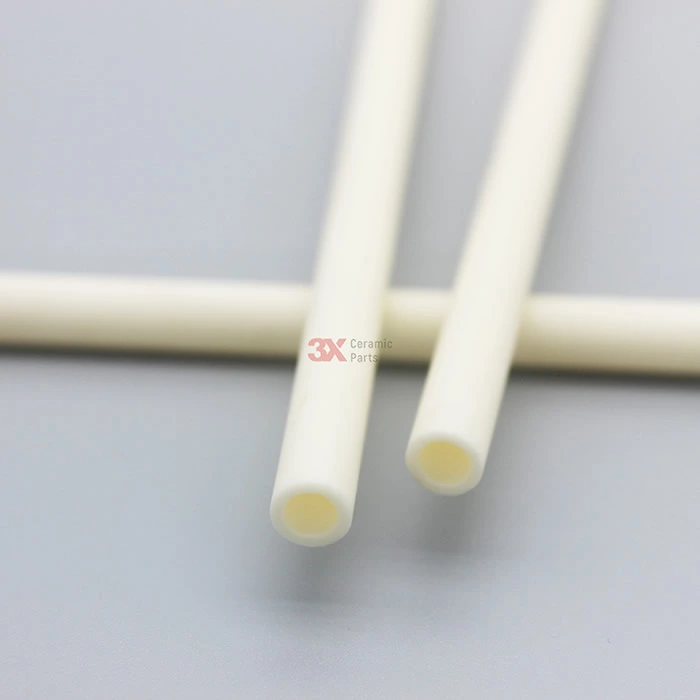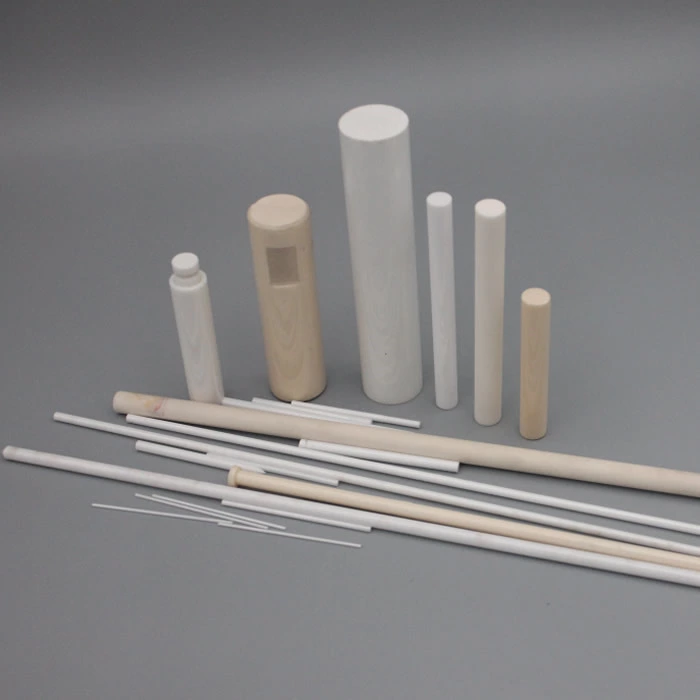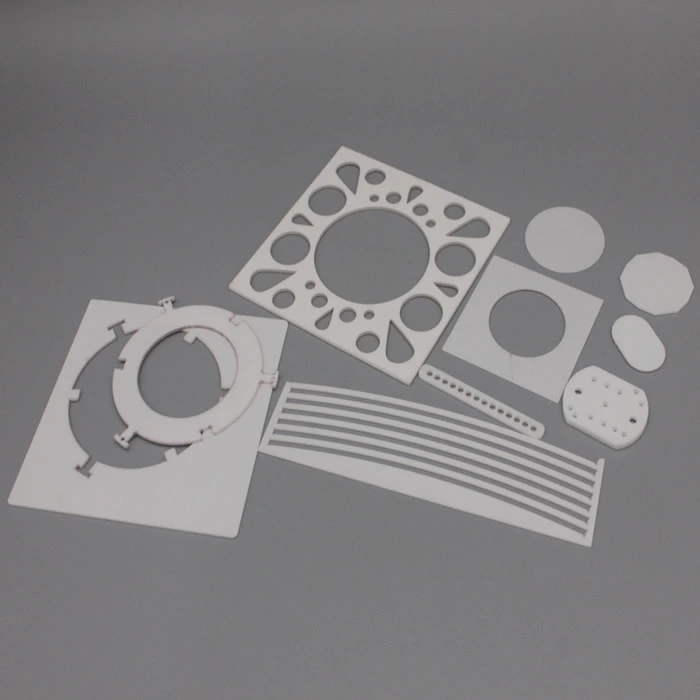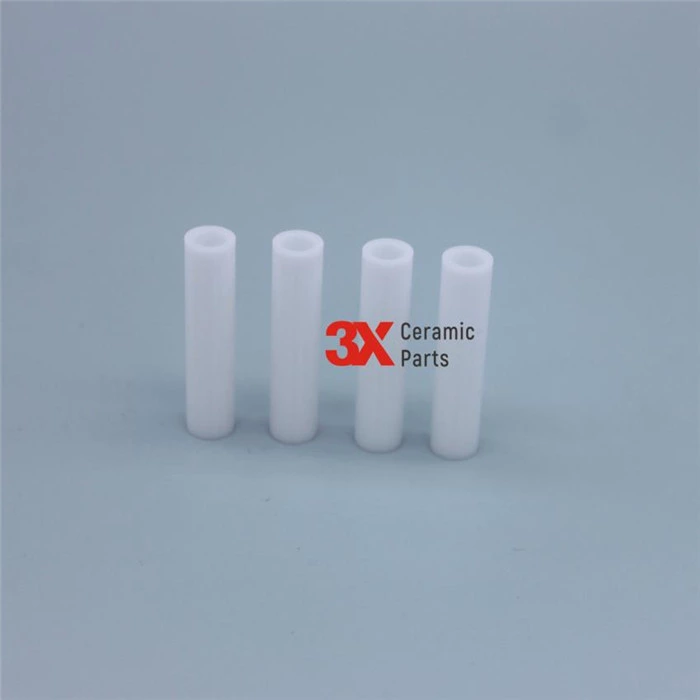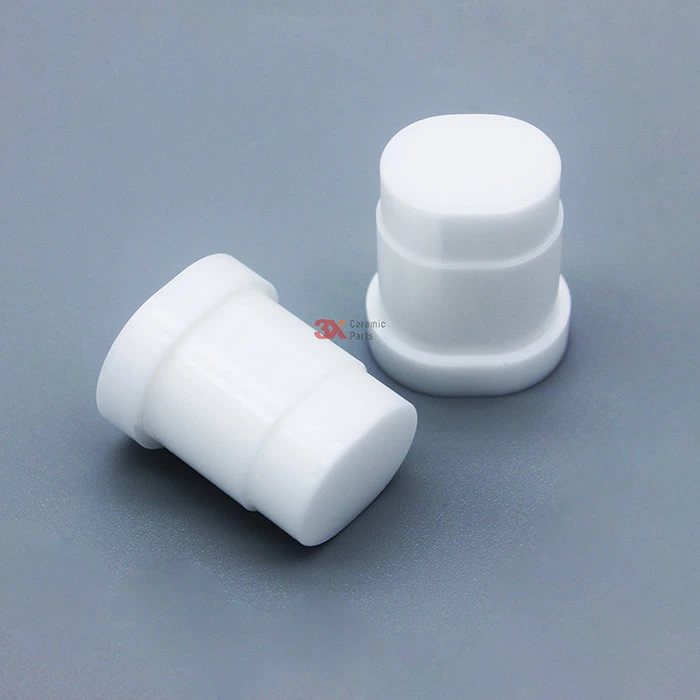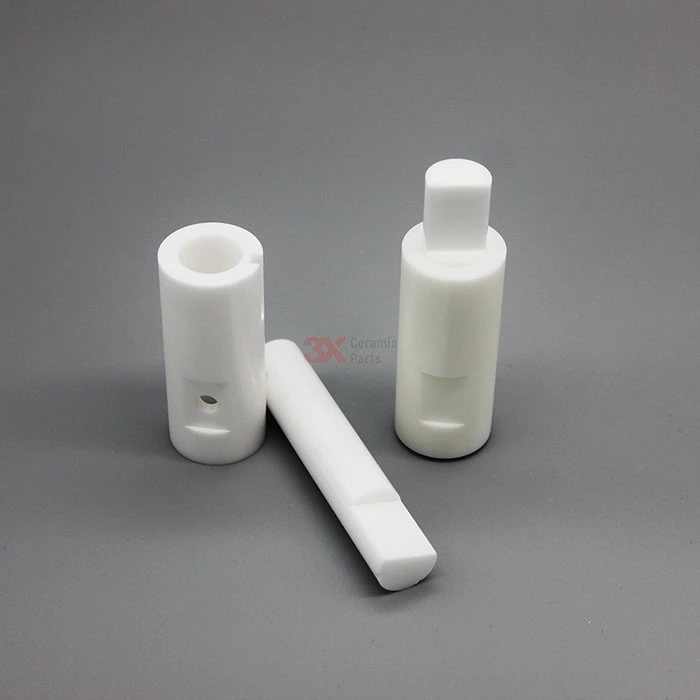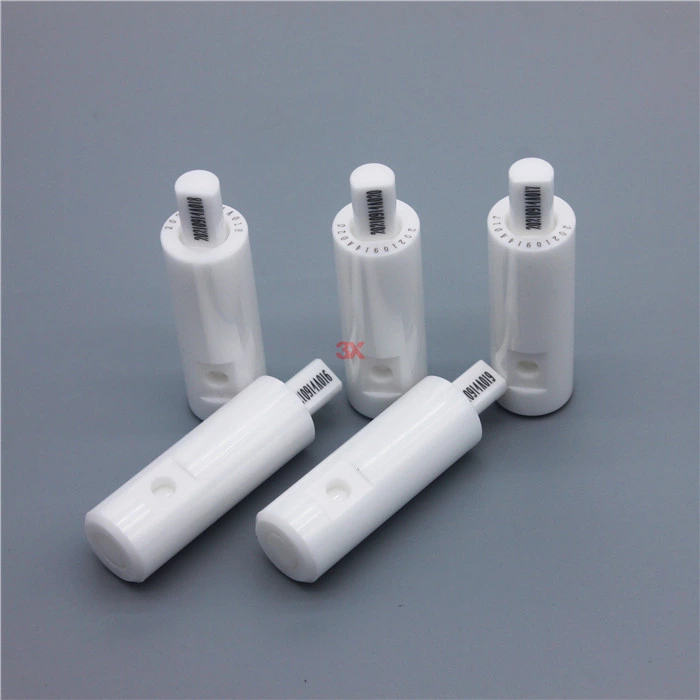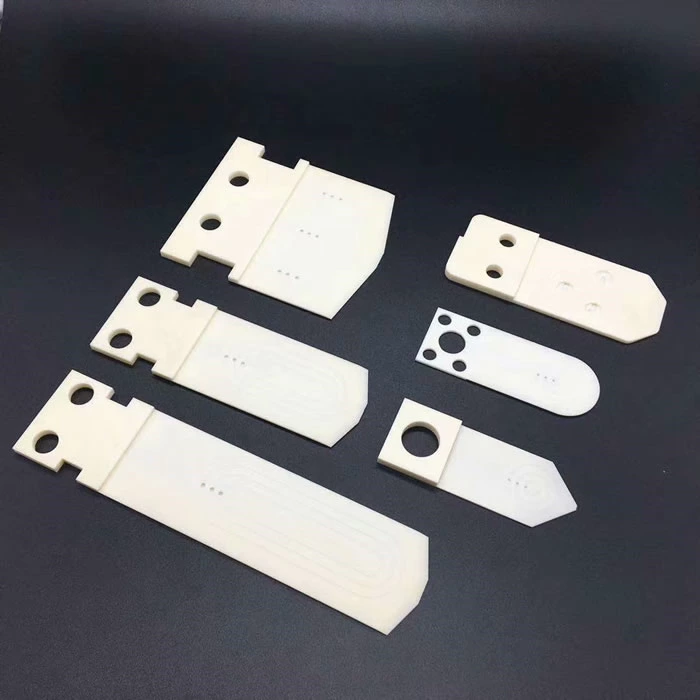Semiconductor Ceramic
When it comes to the semiconductor industry, ceramic materials play a crucial role. Semiconductor ceramics refer to inorganic non-metallic materials with non-metallic elements as the main component. These materials are characterized by high temperature resistance, corrosion resistance, high insulation, and wear resistance, making them widely used in the semiconductor manufacturing process.
Firstly, semiconductor ceramics are mainly used in crystal growth and substrate preparation. In the process of crystal growth, semiconductor ceramic materials are usually used as containers and furnace linings because of their chemical inertness and high temperature resistance, which enables them to withstand high temperature, high pressure, and corrosive environments. Additionally, in substrate preparation, semiconductor ceramics are also used to manufacture substrate heaters and fixtures, which provide uniform heating and support during the semiconductor chip growth process.
Secondly, semiconductor ceramics are also widely used in the semiconductor processing process. In the manufacturing of semiconductor devices, techniques such as chemical vapor deposition, physical vapor deposition, and ion implantation are typically used. Semiconductor ceramic materials play a crucial role in these processes because they can be used as substrates, polishing pads, and masks. Furthermore, semiconductor ceramics can also be used to manufacture high-purity chemical reagents, electrolytic cells, and other semiconductor processing equipment.
Lastly, semiconductor ceramics are also widely used in semiconductor packaging and packaging materials. After the semiconductor device is manufactured, it is typically packaged to protect the device. Semiconductor ceramic materials play a crucial role in packaging because they can be used as packaging materials, packaging substrates, and protective layers for electronic packaging devices.
Moreover, semiconductor ceramic materials have a wide range of applications in the semiconductor manufacturing industry. Below are some of the main fields of application:
Crystal growth and substrate preparation: Semiconductor ceramic materials are widely used in the process of semiconductor crystal growth and substrate preparation. Ceramic materials are commonly used to manufacture crystal growth furnaces and substrate heaters. These devices need to be able to withstand high temperature, high pressure, and corrosive environments, and the high temperature resistance and corrosion resistance of semiconductor ceramic materials make them an ideal material choice.
Semiconductor processing: In the manufacturing process of semiconductor devices, semiconductor ceramic materials are used to manufacture substrates, masks, and polishing pads. These materials play a role in providing support and protection during the semiconductor device manufacturing process, and require good insulation and wear resistance.
Packaging materials and packaging devices: After semiconductor devices are manufactured, packaging is typically required to protect the devices. Semiconductor ceramic materials play a crucial role in packaging as they can be used as packaging materials, packaging substrates, and protective layers for electronic packaging devices. These materials require good insulation, high temperature resistance, and corrosion resistance to protect the stability and longevity of the semiconductor devices.
In the medical field, semiconductor ceramic materials are widely used, for example, in the fields of artificial joints and dental restorations, semiconductor ceramic materials can be used as wear-resistant and high-strength substitutes to improve patients' quality of life.
In general, semiconductor ceramic materials have a wide range of applications, including semiconductor manufacturing, the medical field, etc. With the continuous development and progress of semiconductor technology, the application prospects of semiconductor ceramic materials will be even broader.
Semiconductor ceramics play a very important role in the semiconductor manufacturing industry. Their chemical inertness, high temperature resistance, and corrosion resistance make them important materials for manufacturing semiconductor devices. In the future, with the continuous development and progress of semiconductor technology, the application prospects of semiconductor ceramics will be even broader.


